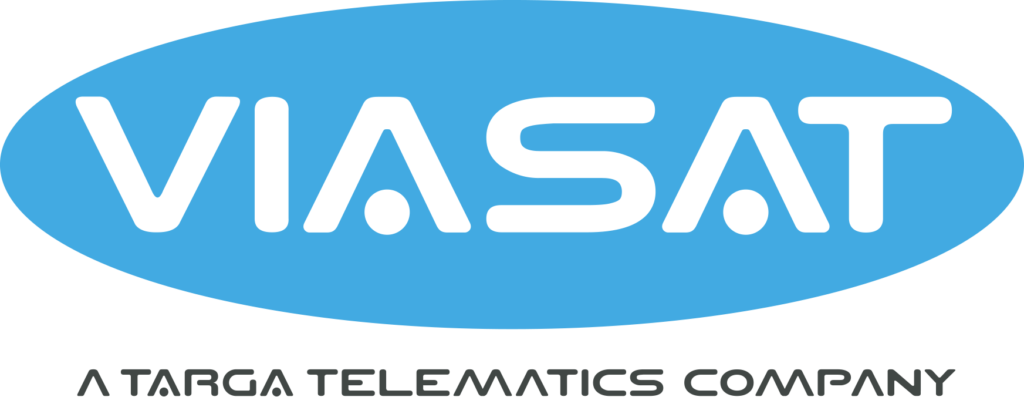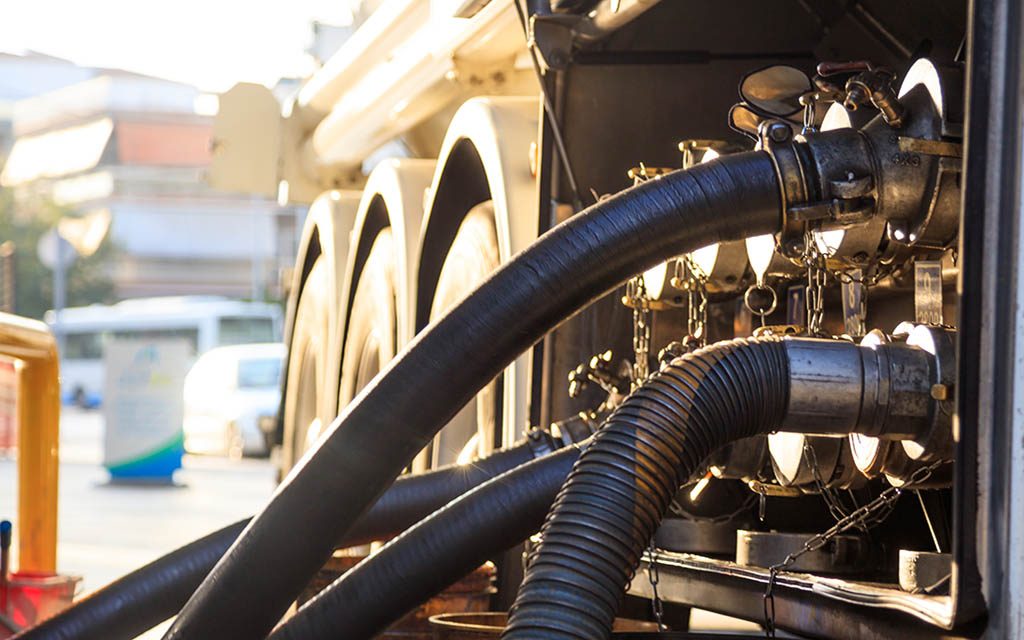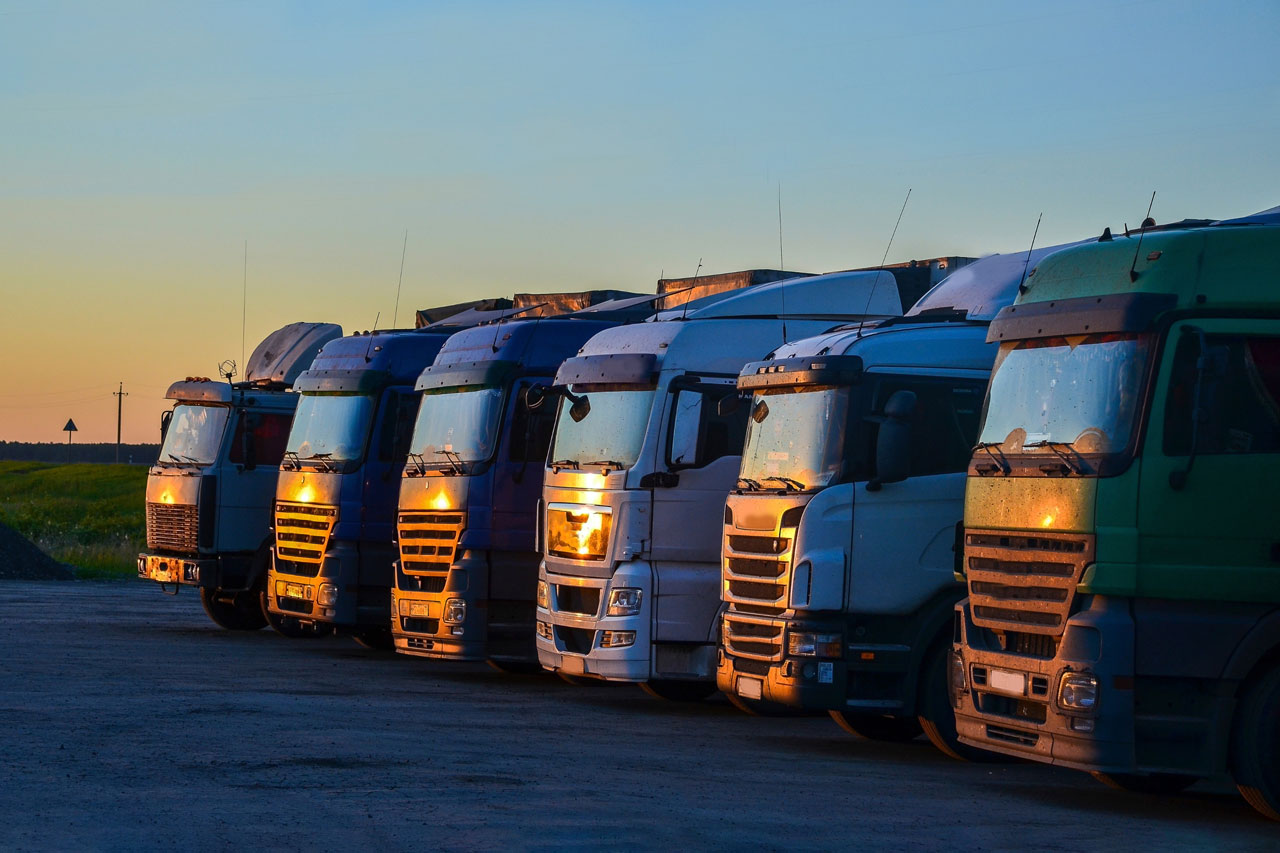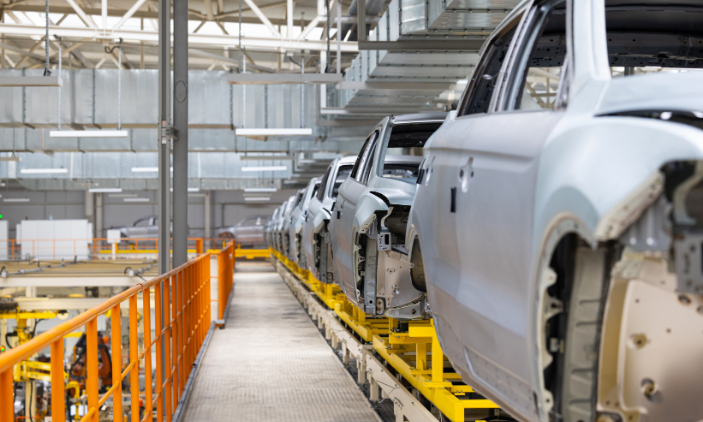How can you avoid running out of fuel and having to refuel your construction equipment or tanker-fueled infrastructure in a hurry? A logistical challenge that technology can help you overcome…
Fuel management is a major issue for many companies. And for good reason: it’s often one of the biggest expenses. But things get even more complicated when your equipment isn’t mobile. You can’t move them to a fuel pump and the logistics of fueling them becomes a real headache…
Cascading problems
Your infrastructures are supplied by a storage tank or a cistern? Do your generators operate from an internal or external tank? Your cranes and other machines on site consume huge quantities of fuel without being able to leave the site? Without a clear and precise vision of the volume of diesel in these “fixed” tanks, you are working blind. And the financial consequences can be very serious:
- A concrete mixer running out of fuel can stop a site for several days;
- A generator running out of fuel can bring your business to a halt;
- But that’s not all: you must then place an emergency fuel order at exorbitant prices;
- And if you anticipate too much? The delivery truck travels hundreds of kilometers to discover that the tank is… full!
An eye in the tank
The challenge is to be able to constantly monitor your tanks to avoid stock-outs. But also to efficiently plan your fuel stocks and deliveries. Thanks to high-performance technological tools, this is now possible! You keep control of your costs.
You can control in real time the level of fuel for all your machines on site and your tanks. The installation of small, sophisticated boxes allows you to carry out a real management of the tanks on line. You have the possibility – remotely – to plan the refueling of tanks and machines, to create alerts according to the remaining quantity or to produce complete reports on the use of diesel fuel.
The benefits of “on-time” fueling
Better visibility of your fuel stocks will therefore offer you a range of invaluable benefits:
- Prevent fuel shortages and therefore avoid a shutdown of your operations;
- Plan refueling to eliminate the need for emergency refueling and allow you to choose preferred suppliers;
- Centralize information and enable your site managers to easily access the data of the tanks under their supervision;
- Monitor the consumption of each machine and thus detect anomalies more quickly (breakdowns, thefts, leaks, wastage, etc.).
Ultimately? All these elements converge towards a better overall performance of your company, among other things via greater control of your costs and greater operational efficiency!




